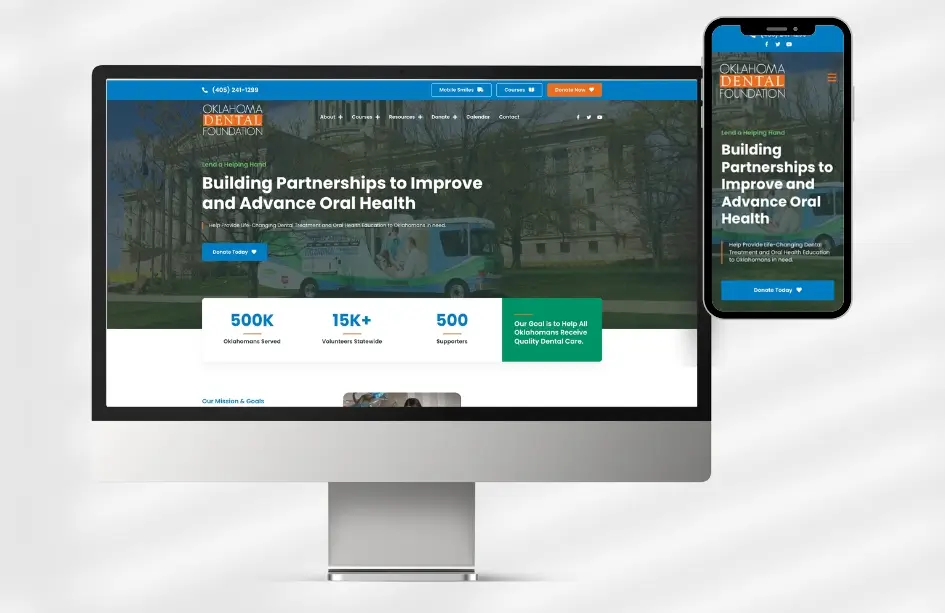While working to grow sleep practices across the US, I have started to notice what I call 3 key factors that indicate early on if the sleep practice is going to be successful or not. This is by no means a definitive list. Many practices have survived and even thrived without one or any of these. I have, however, noticed a trend that indicates that these keys can help lead to early success of a new sleep practice.
If you are recently getting into dental sleep medicine, but find the investment isn’t quite paying off, you need to check out Ernie’s Cote article in North Texas Dentistry Magazine detailing how to make a profitable transition into DSM.
Referral Network
This is the biggest key of all three. If you have a network of doctors sending patients your way from their practices, you may not even need to spend money on marketing. Is there an easy way to accomplish this, not that I am aware of. It requires you to go out, meet with them and explain what you do and how you do it. It’s not fun or easy, but it works. Unfortunately, there is not a way to accomplish this with marketing dollars. I often tell practices that have small budgets to start out with that I would recommend putting their $500 a month towards building a successful referral network first, instead of some keyword campaign or social media posts.
Dedicated/Trained Personnel
You would never expect your staff to be able to walk someone who called your office about an oil change though that process, why do you think they will be able to do that with sleep? I know that example is a little extreme, but it’s accurate. Your staff will need to know about sleep tests, where to get them, if it’s your office or someone else and what their scores mean before ever even setting up an initial appointment. If you don’t have someone trained in sleep it will not only strain your staff but any leads that do call or walk in have a good potential of being lost. Make sure you have at least one person on hand who can confidently talk about sleep and what the process of getting an oral device looks like.
Understanding that Sleep Medicine is not Dentistry
This one might be the trickiest of all. From the time we can walk and talk, the vast majority of human beings are taught the importance of brushing their teeth. Dentistry is ingrained in our society, and it creates an awareness and need in the mind of each and every human. There is no such thing for oral sleep devices. Let alone sleep apnea. It takes time and effort to first educate and then inform patients of their options. Just throwing up a website and talking about sleep in your office does not mean that you will start to get calls about it and leads from other practices. It takes time, effort, and education. Layer on top of that the intricacies of insurance coverage when it comes to sleep apnea treatment and all that, that entails, and you have an entirely different beast from a dental practice.
I do not write this to scare anyone away from sleep or to say that you cannot succeed. You absolutely can, and I have seen many practices do so. I simply want to make sure that your bases are covered before you start throwing money at marketing. If you have these three things covered, then each dollar you spend on marketing will be that much more effective for you and your new sleep practice. If you’re interested in learning more, check out our podcast with Mark Murphy on the keys to starting a successful sleep practice.



